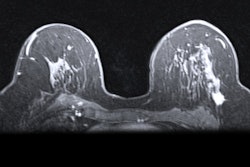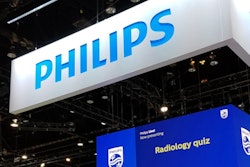Dear AuntMinnieEurope Member,
It's fair to say that staff at the Marie Lannelongue hospital in Paris have fully embraced 3D printing. They've created a hybrid operating room that uses advanced imaging systems and 3D-printed models of diseased vasculature to enhance training in interventional procedures, and the scheme is already attracting considerable attention.
Our revealing case study provides a glimpse into the future of image-guided interventions, and you won't want to miss it. Go to the Advanced Visualization Community to read more.
There's much talk in Europe right now about the strong likelihood of a second wave of COVID-19, but Singapore is already experiencing it. Radiologist Dr. Lionel Cheng has shared his thoughts on the topic. Find out more in the CT Community.
Typical workup for trauma patients comprises a physical exam, x-ray of the chest and pelvis, ultrasound, and region-specific CT, but this protocol can be time-consuming and prone to misdiagnosis. Australian researchers are convinced that whole-body CT can also have a useful role to play in these cases.
Unexpected findings on radiology exams need to be promptly communicated to physicians and patients. But artificial intelligence (AI) algorithms can help ensure that these important results don't get overlooked, according to new research from a Spanish group.
Also in the Artificial Intelligence Community is a report about the response of the European Society of Radiology (ESR) to the European Commission's white paper on AI. Although it welcomed the white paper, the ESR has offered several important recommendations for how to enable AI to reach its full potential in healthcare.
Finally, we've added some new questions on musculoskeletal, genitourinary, and head and neck radiology to AuntMinnieEurope.com's Board Review. Please make sure you check them out.



















